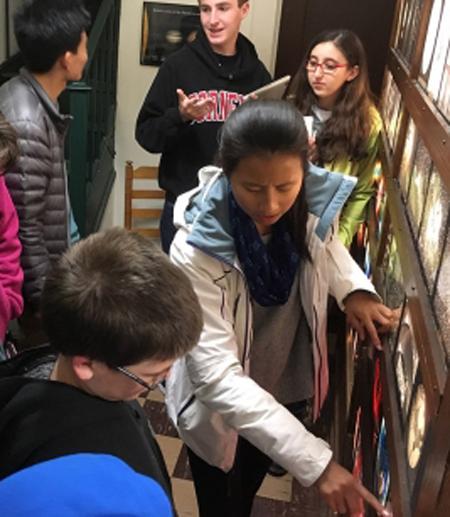Alum Dan Cohen ‘05, ‘Arrival’ and ‘Stranger Things’ producer, visits April 21
Dan Cohen ’05, a producer whose latest projects include the Oscar-nominated sci-fi movie “Arrival” and the hit Netflix series “Stranger Things,” will talk with students about his career and screen one of his films along with the short film that inspired another during an April 21 visit to campus as the 2017 Arts & Sciences Career Development Center’s Munschauer Speaker.

